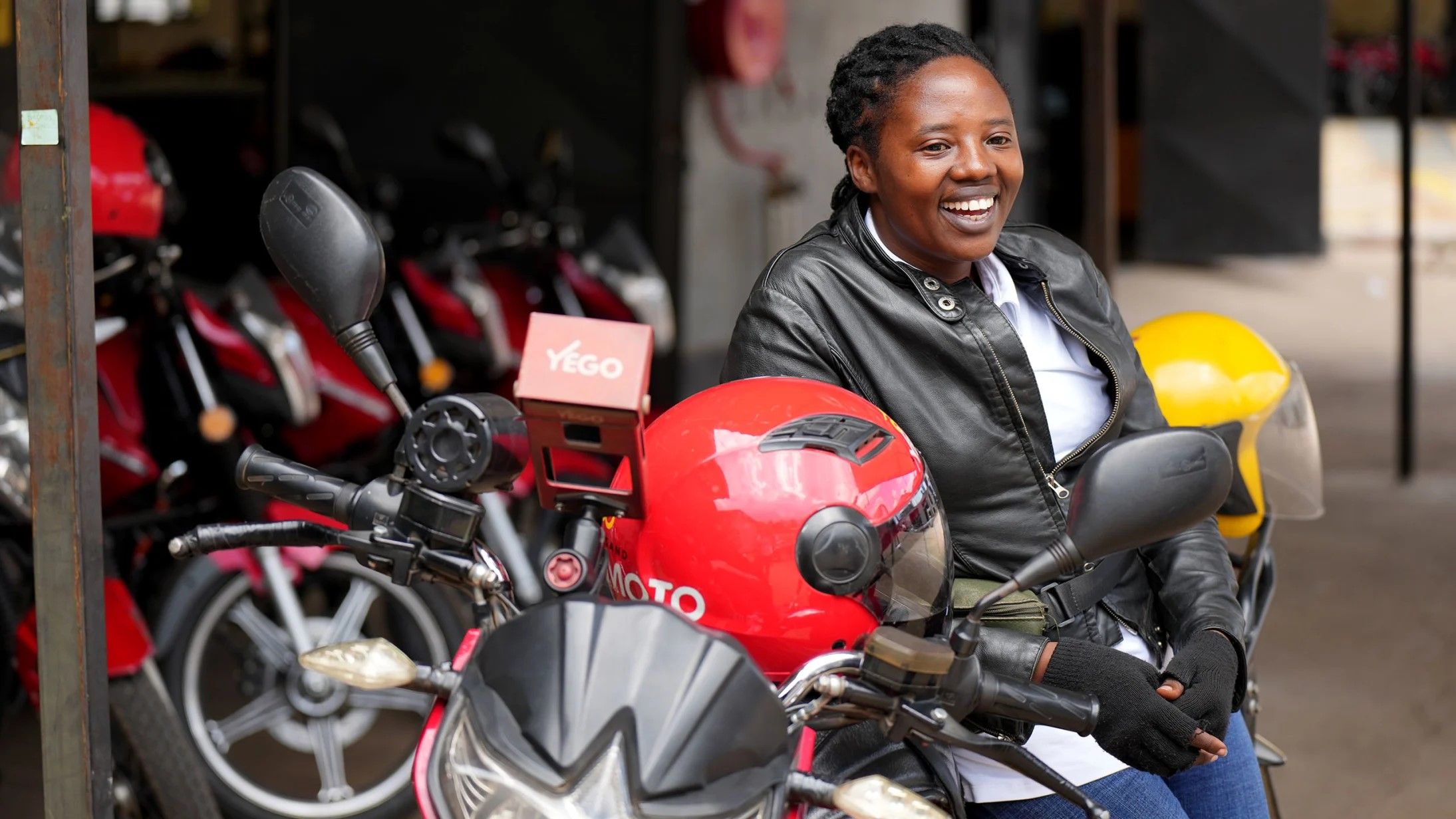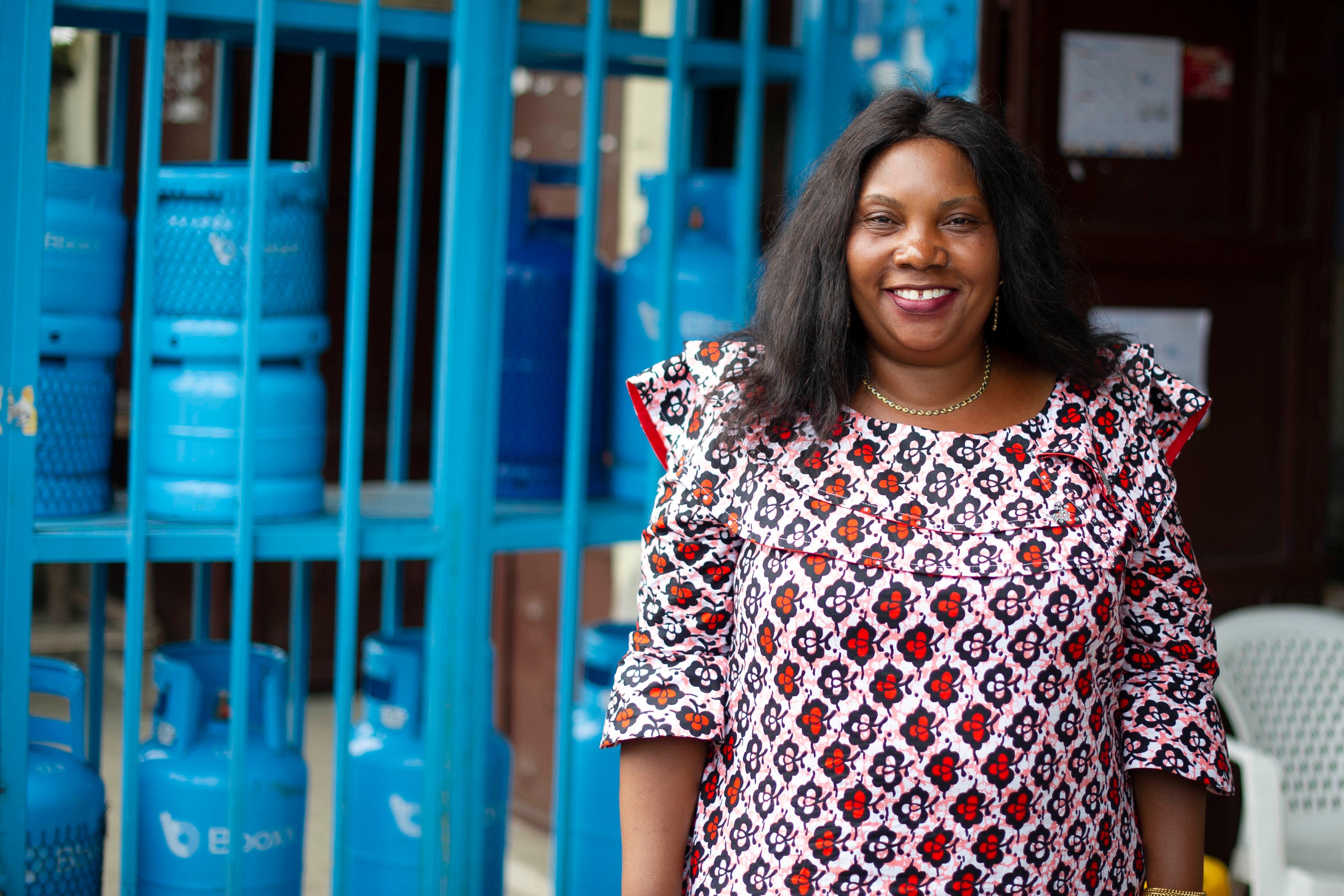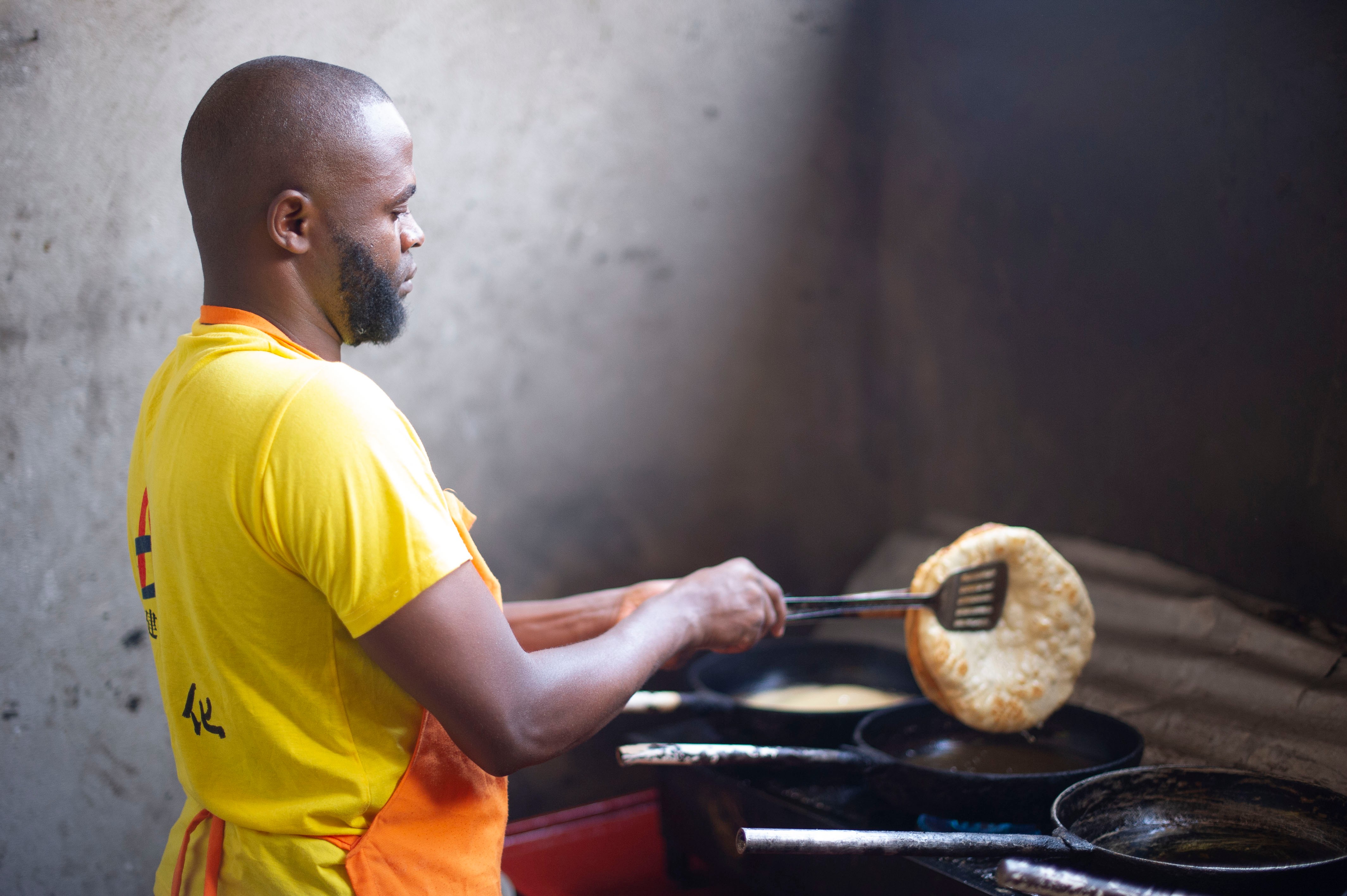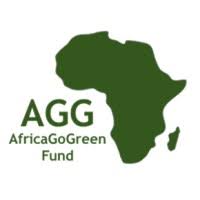Portfolio Partner Profile
Africa Go Green Fund
The Africa Go Green Fund (AGG) is a debt financing platform with the objective to spur additional anthropogenic greenhouse gas (GHG) reductions in Africa by providing debt and technical assistance to corporate and industrial entities, local financial institutions, and other partner institutions that develop and/or invest in eligible energy efficiency and renewable energy projects. AGG is determined to push boundaries by providing capital that is tailored to the needs of businesses willing to address climate change head-on.
In addition, the Fund’s work contributes to the long-term climate change objectives of the Paris Agreement. Thus, AGG’s sustainable investment goals fall within the scope of the Sustainable Financial Disclosure Regulation’s article 9, which is achieved if a fund has sustainable investment or a reduction in carbon emissions as its objective.
AGG pursues the following impact goals:
- Fostering energy efficiency and increasing renewable energy production by extending loans and mezzanine instruments dedicated to finance energy solutions predominantly via direct investments to private sector clients (focusing on MSME’s micro, small and medium enterprises);
- Catalyzing local financial sector to finance private sector investments in energy efficiency and renewable energy by demonstrating the commercial viability of green finance predominantly via guarantees and guarantee-type products;
AGG’s investment activities have a direct contribution to SDGs 7 (Affordable and Clean Energy), 9 (Industry, Innovation, and Infrastructure) and 13 (Climate Action), in addition to other secondary SDGs including SDG 5 (Gender Equality), SDG 8 (Decent Work and Economic Growth) and SDG 17 (Partnerships for the Goals).
The Fund also recognizes that expanding the involvement of women in the economy accelerates economic growth in developing countries and is committed to actively seeking out opportunities to apply a gender lens to its investment activities. AGG aims to pursue activities that will lead to a greater integration of women and women’s interests in the way they finance energy efficiency and renewable energy projects.
AGG invests across five main sub-sectors which include green transportation, green buildings, green appliances, industrial energy efficiency and renewable energy. AGG also provides technical assistance aimed at maximizing learning-by-doing opportunities, facilitating deals, and encouraging the long-term sustainability of the energy efficiency and renewable energy market in Africa.
The Fund was initiated by KfW (on behalf of the German Government), a German state-owned investment and development bank, and is managed by Cygnum Capital.
Featured Impact Story

Impact Story
Kigali’s Big Shift to Small Electric Motorcycles
In Kigali and across East Africa battery-powered motorcycles are slowly replacing oil-guzzling motorbikes, as they bring more benefits than just reduced greenhouse gas emissions. Electric motorcycles cost less to acquire, finance, and maintain than an oil-powered motorbike, allowing drivers to save life-changing money for their families. With a petrol bike a driver spends around $2,000 a year, however with an e-motorbike a driver can save a third of the cost, which is about $700 a year.
Ampersand, Africa’s first electric vehicle and EV energy company, is working to transition Kigali’s community to e-motorbikes and cut emissions, help drivers save money, and fuel a greener future. The company was founded in 2016 and manufactures lithium-iron-phosphate batteries. Since its founding, Ampersand has grown its fleet in Rwanda to more than 2,200 e-motorcycles, over 300 employees, and 26 charging stations. In Rwanda and Kenya combined, Ampersand powers over 1.2 million km per week and provides 120,000 battery swaps every month.
Numukobwa Dative is one of Ampersand’s customers and began driving a year and a half ago. She purchased her e-motorcycle for $2,100, including interest, through an 18-month credit financing program coordinated by Ampersand and The Deutsche Gesellschaft fur Internationale Zusammenarbeit (GIZ), and funded by UN-Habitat via SOLUTIONSplus. The battery provides electric power, giving Dative a smooth, silent ride of up to 100 kilometers (km) per charge. Dative and a group of 32 other women received free driving instruction and have since formed a cooperative to support each other. Dative has also completed a short mechanics course. Dative’s e-motorcycle debt is now fully paid thanks to a steady stream of daily customers who hire her to take them to school, work, bus stations, and home again. Read more about Ampersand’s work here.
Photo credit: Julia Schmalz/IFC





 Environmental Sustainability
Environmental Sustainability
 Renewable Energy
Renewable Energy
 Small Business
Small Business



